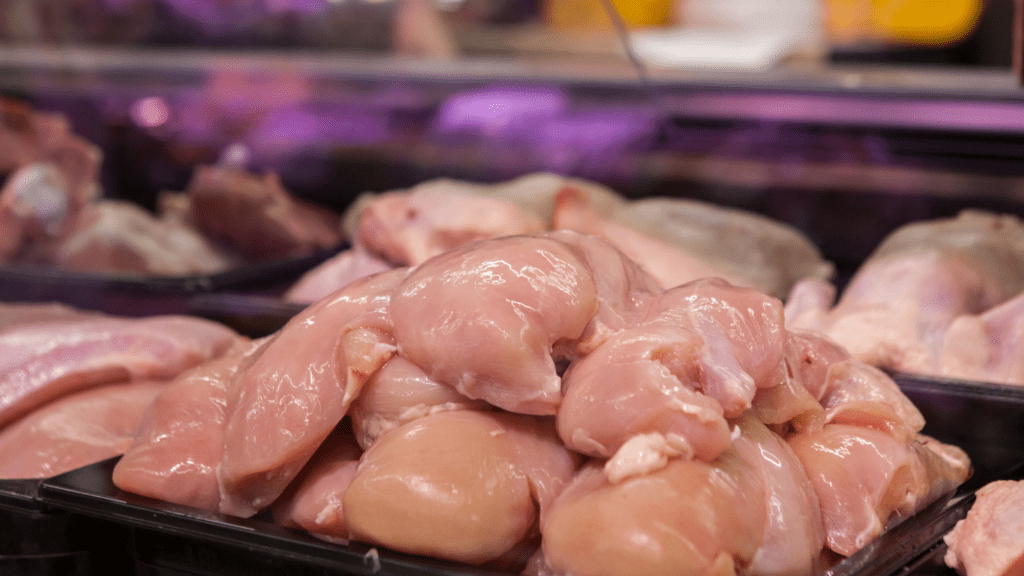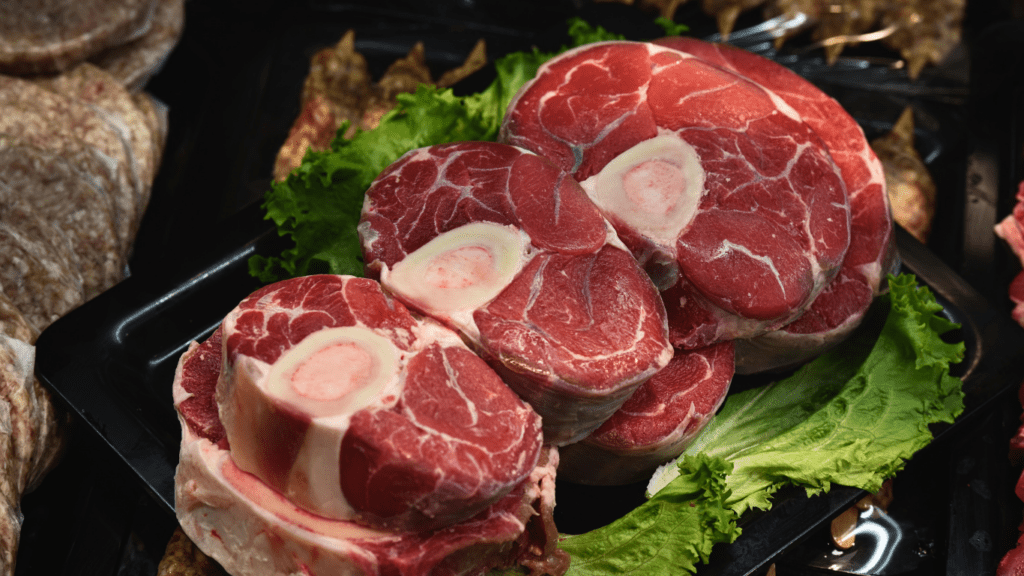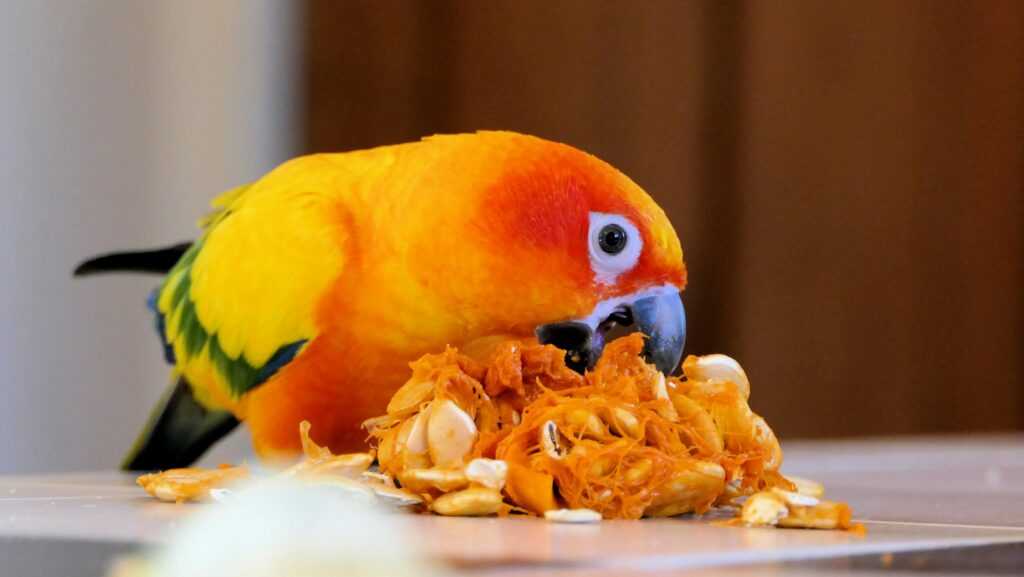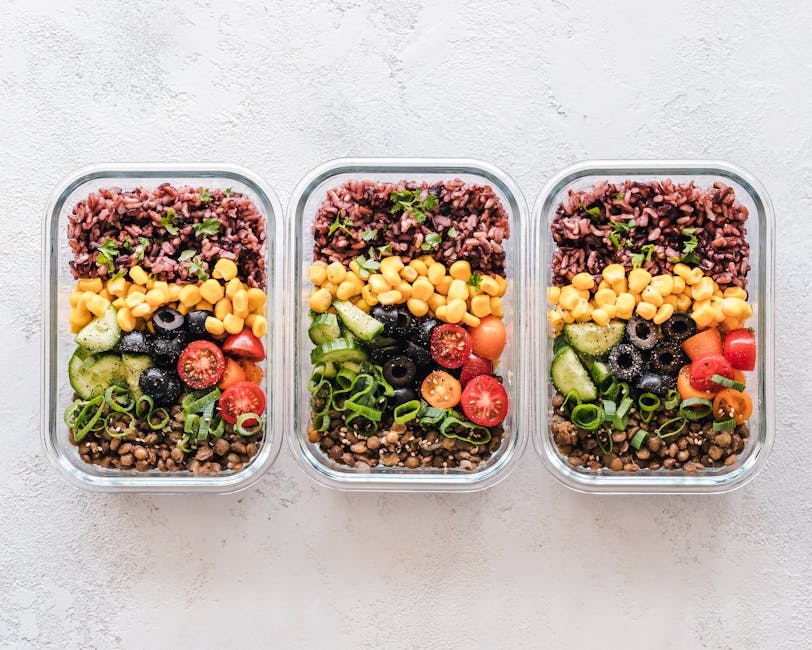In recent years, the trend of raw diets has gained significant traction among health enthusiasts and pet owners alike. As I delve into the pros and cons of this dietary approach, it’s essential to understand the growing fascination with feeding raw. From improved digestion to enhanced nutrient absorption, proponents of raw diets tout a myriad of benefits that can transform one’s health and well-being.
However, amidst the fervor surrounding raw diets, there are also valid concerns and considerations that warrant attention. As I navigate through the complexities of this dietary shift, I’ll explore the potential drawbacks and risks associated with embracing a raw food regimen. By shedding light on both the advantages and challenges of raw diets, I aim to provide a comprehensive overview that empowers readers to make informed decisions about their nutritional choices.
The Popularity of Raw Diets
Exploring the rise of raw diets reveals a significant shift towards embracing natural and unprocessed food choices. As health-conscious individuals seek ways to optimize nutrition, raw diets have gained traction for their potential health benefits. Proponents of raw diets often praise the diet for its ability to provide essential nutrients in their purest form, promoting overall well-being.
Raw diets extend beyond human consumption, with pet owners increasingly opting for raw food options for their furry companions. This trend aligns with the desire to offer pets a diet that mirrors what they would consume in the wild. By mimicking a more natural diet, advocates believe that pets can experience improved vitality and health outcomes.
The surge in popularity of raw diets can be attributed to a growing emphasis on whole foods and the desire to avoid heavily processed ingredients. This shift signifies a broader movement towards embracing simplicity and prioritizing nutritional quality in food choices. As raw diets continue to garner attention, individuals are exploring this dietary approach to unlock its potential benefits for themselves and their pets.
Benefits of Raw Diets
Optimizing the existing content and expanding on the benefits of raw diets:
Improved Nutrient Intake
Raw diets are known to provide a higher intake of essential nutrients as the food is in its natural state, preserving vital enzymes, vitamins, and minerals that can be lost during cooking. This ensures that individuals and pets receive maximum nutritional benefits from their meals, supporting overall health and well-being.
Weight Management
One of the key advantages of raw diets is their potential to aid in weight management. By consuming natural, unprocessed foods in their raw form, individuals often experience better satiety levels, which can help control portion sizes and prevent overeating. Additionally, raw diets promote a healthier metabolism, which can contribute to maintaining a healthy weight.
These benefits of raw diets highlight the significant impact of consuming minimally processed foods on nutrient intake and weight management, making them a compelling choice for those looking to improve their overall health.
Challenges of Raw Diets
Transitioning to a raw diet can pose certain challenges, notably in terms of food safety. As raw foods are not cooked to kill bacteria, there is an increased risk of foodborne illnesses. It’s essential to handle, store, and prepare raw foods carefully to minimize this risk and ensure safe consumption.
Another challenge of raw diets is the potential lack of certain nutrients if not properly balanced. Since cooking can enhance the bioavailability of some nutrients, individuals on raw diets need to pay close attention to ensure they are obtaining all essential vitamins and minerals through alternative sources.
Furthermore, the cost associated with raw diets may be a concern for some individuals. Fresh, organic, and high-quality ingredients typically come at a higher price point, making it important to budget and plan meals effectively to maintain a balanced raw diet without exceeding financial constraints.
Lastly, the social aspect of following a raw diet can present challenges, especially in settings where raw options may be limited, such as restaurants or social gatherings. It’s crucial to communicate dietary needs effectively and be prepared to navigate situations where raw food choices may be scarce.
Addressing these challenges proactively and being mindful of potential pitfalls can help individuals successfully navigate the transition to a raw diet while mitigating any obstacles that may arise.
Considerations for Starting a Raw Diet
Transitioning to a raw diet can be a beneficial choice for both humans and pets, but it’s essential to consider several key factors before making the switch. Below are important considerations to keep in mind when starting a raw diet:
- Nutrient Balance: Ensuring proper nutrient balance is crucial when adopting a raw diet. Raw diets may lack certain essential nutrients, so it’s vital to plan meals carefully to meet all nutritional needs.
- Food Safety: Raw diets carry a higher risk of foodborne illnesses compared to cooked diets. It’s important to handle and store raw food properly to minimize the risk of contamination and ensure food safety.
- Cost: Quality ingredients for raw diets can be expensive. Consider the cost implications of sourcing high-quality, organic ingredients to maintain the nutritional integrity of the diet.
- Transition Period: A gradual transition to a raw diet is recommended to allow the digestive system to adapt to the new food. Sudden changes can lead to digestive issues, so slowly introducing raw food is advisable.
- Consultation with a Professional: Before starting a raw diet, consult with a nutritionist or veterinarian to ensure that the diet plan is appropriate for your specific needs or those of your pet. Professional guidance can help in creating a well-balanced raw diet.
- Limited Availability: In certain environments, raw food options may be limited, making it challenging to sustain a raw diet consistently. Consider the accessibility of raw food sources before committing to this dietary choice.
- Social Considerations: Social situations, such as dining out or gatherings, may pose challenges for individuals following a raw diet. Prepare strategies to navigate such situations and maintain your dietary choices when socializing.
Starting a raw diet requires careful planning and consideration of various factors to ensure a successful and sustainable transition. By addressing these considerations proactively, you can embark on a raw diet journey with confidence and awareness of potential challenges.




